Sportsmen now look to Secretary Zinke to restore the public’s voice in the BLM land-use planning process that affects habitat, access, and rural economies
Today, U.S. Senators voted to nullify the Bureau of Land Management’s revised land-use planning rule, commonly known as Planning 2.0, which gives the public more chances to weigh in on land management decisions for 245 million acres of BLM public lands. The House passed a similar resolution of disapproval using the Congressional Review Act on February 7.
President Trump’s signature on this action will revert BLM planning to a decades-old process and may prevent the agency from creating a new rule that has the same benefits for habitat and public involvement. Planning 2.0 was the product of more than two years of collaboration between the agency, state and local governments, and the public.
“Hunters and anglers are puzzled by the fact that Congress would choose to destroy a refined and more inclusive public lands management process,” says Joel Webster, director of Western lands with the Theodore Roosevelt Conservation Partnership. “Perhaps some additional fine-tuning could have further improved BLM planning, but this CRA action is the equivalent of burning down the house simply because some window trim needed replacing. It’s an overreaction with real-world consequences for fish, wildlife, and the American people.”
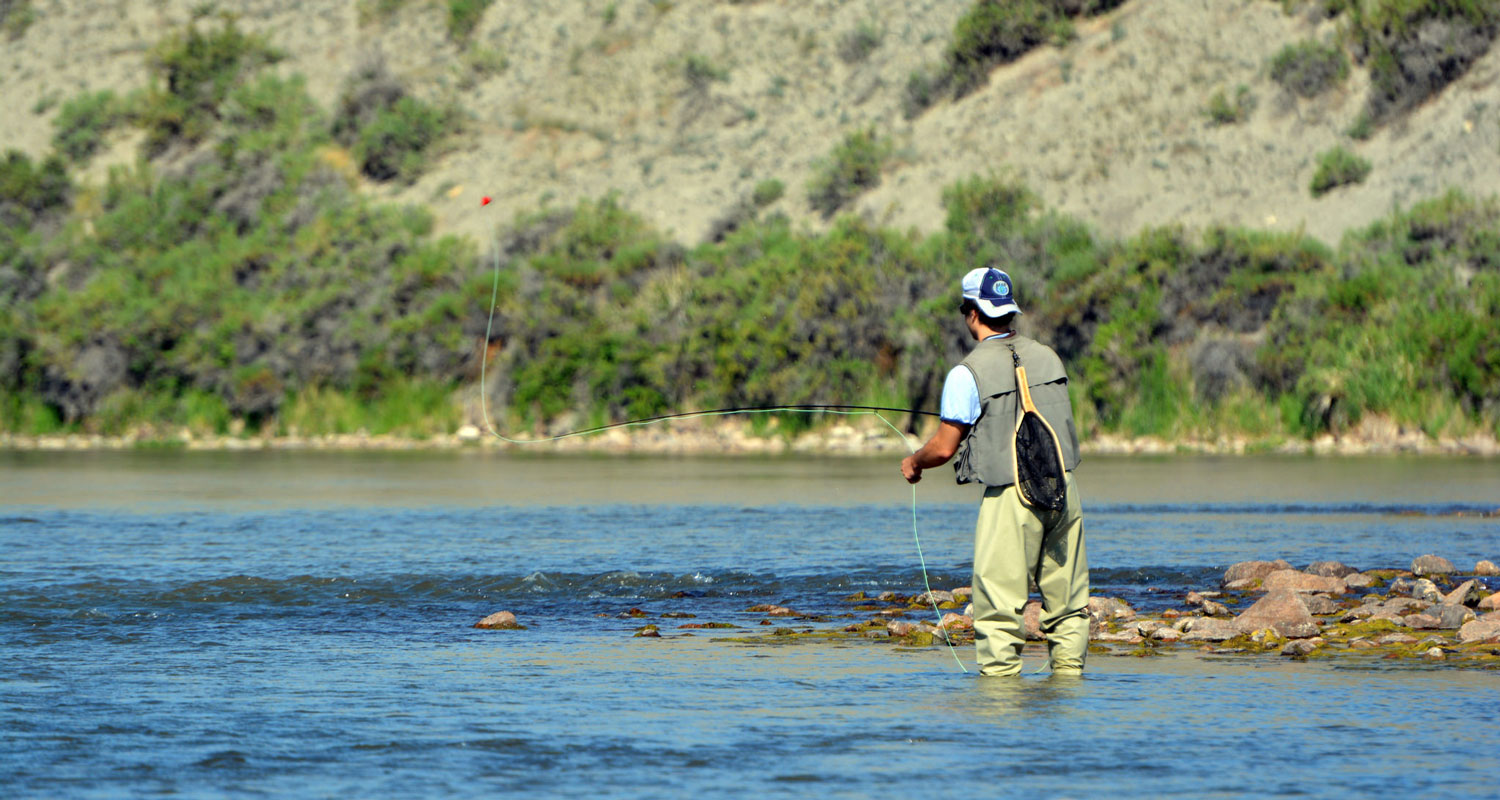
Nineteen sportsmen’s groups wrote Congress in support of Planning 2.0 revisions that created three additional opportunities for the public and key collaborators—like state and local governments—to be involved at the front-end of the land-use planning process. These additional steps were designed to increase agency transparency and public involvement, and these benefits are still sorely needed to boost overall satisfaction with the management of BLM public lands across the country.
“It is tragic to see so much hard work and public input go to waste, only to be replaced with uncertainty,” says Steven Williams, president of the Wildlife Management Institute. “Meanwhile, the agency will continue to struggle in using an outdated, ineffective planning process to deal with modern-day challenges on public lands.”
Consideration for big game migration corridors and other planning tools that account for the most recent scientific data are not written into the previous land-use planning rule, established in 1983. Hunters and anglers are looking to the newly confirmed Secretary of the Interior to find other ways of securing these benefits.
“Sportsmen and women are incredibly savvy about public lands management and how planning efforts affect the places we hunt and fish—these are our lands and we deserve a fair shake,” says Corey Fisher, senior policy director for Trout Unlimited’s Sportsmen Conservation Project. “We stand ready and willing to work with Secretary Zinke to restore the public’s voice in BLM public land management and see to it that important fish and wildlife habitat isn’t overlooked.”

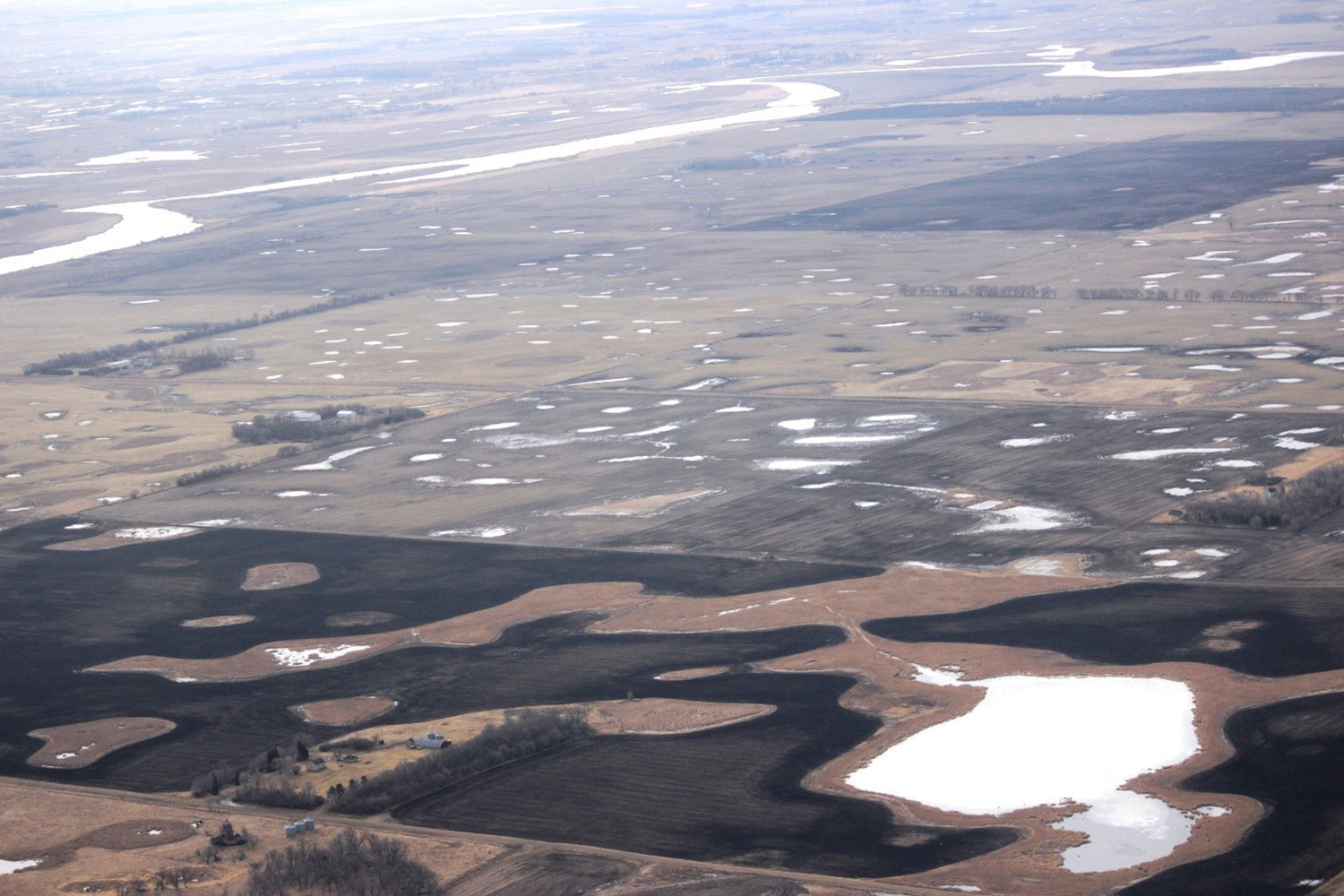
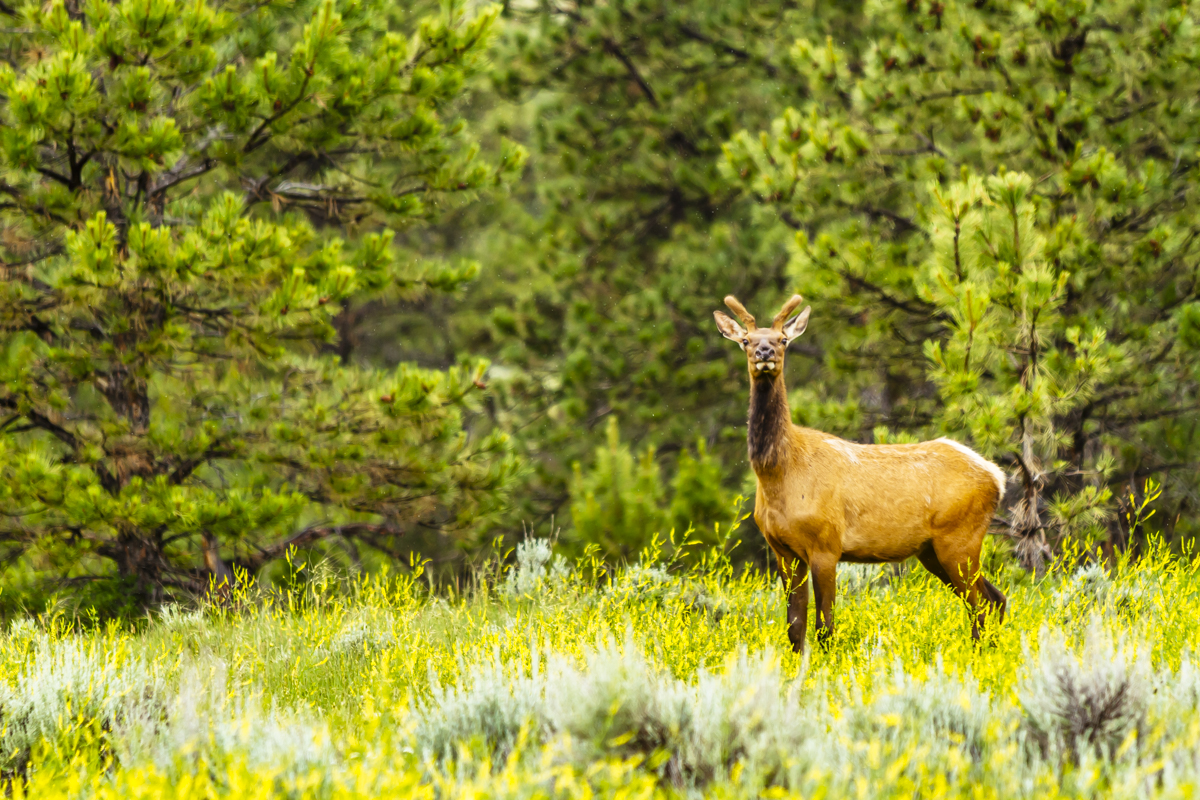
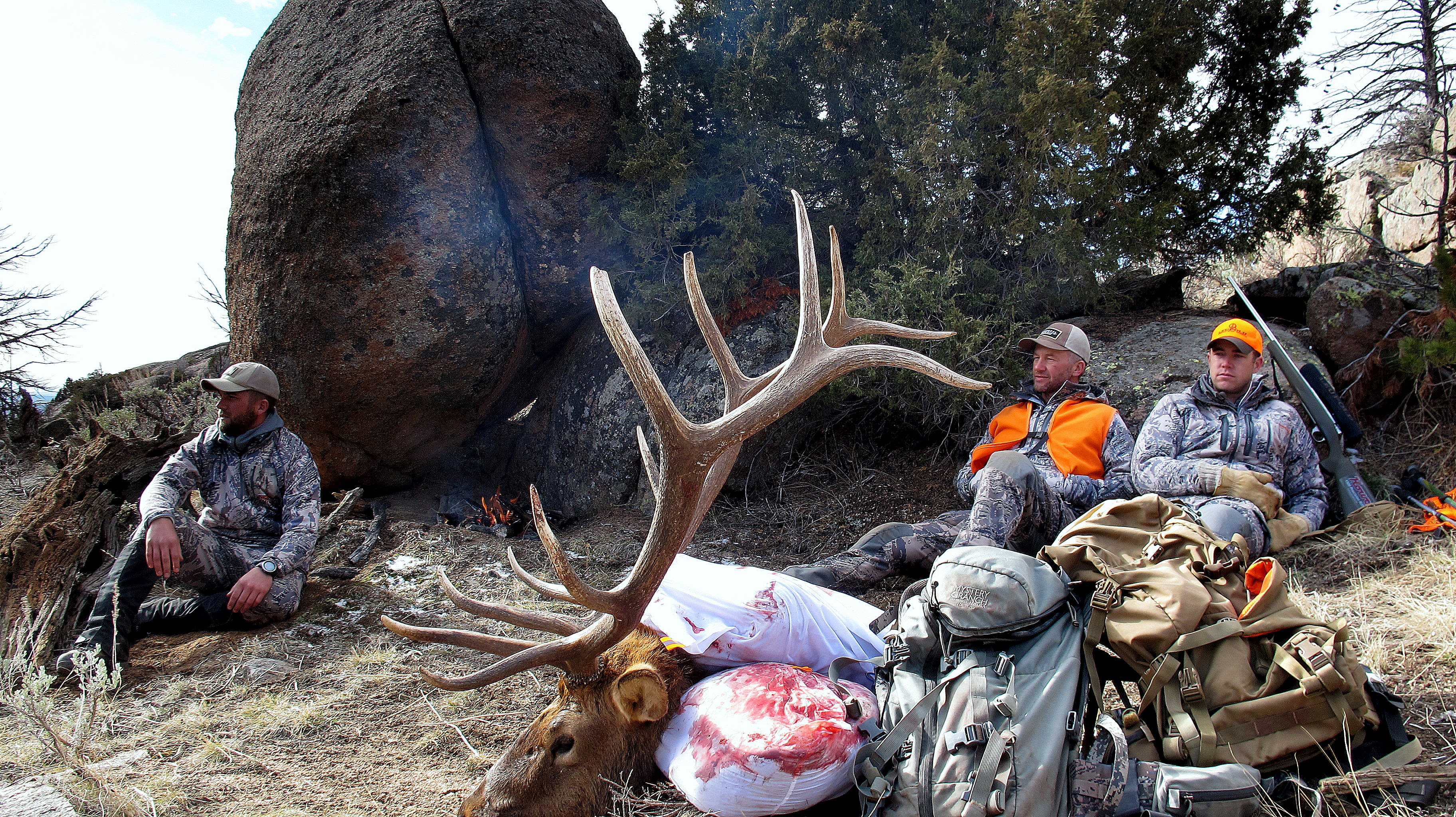
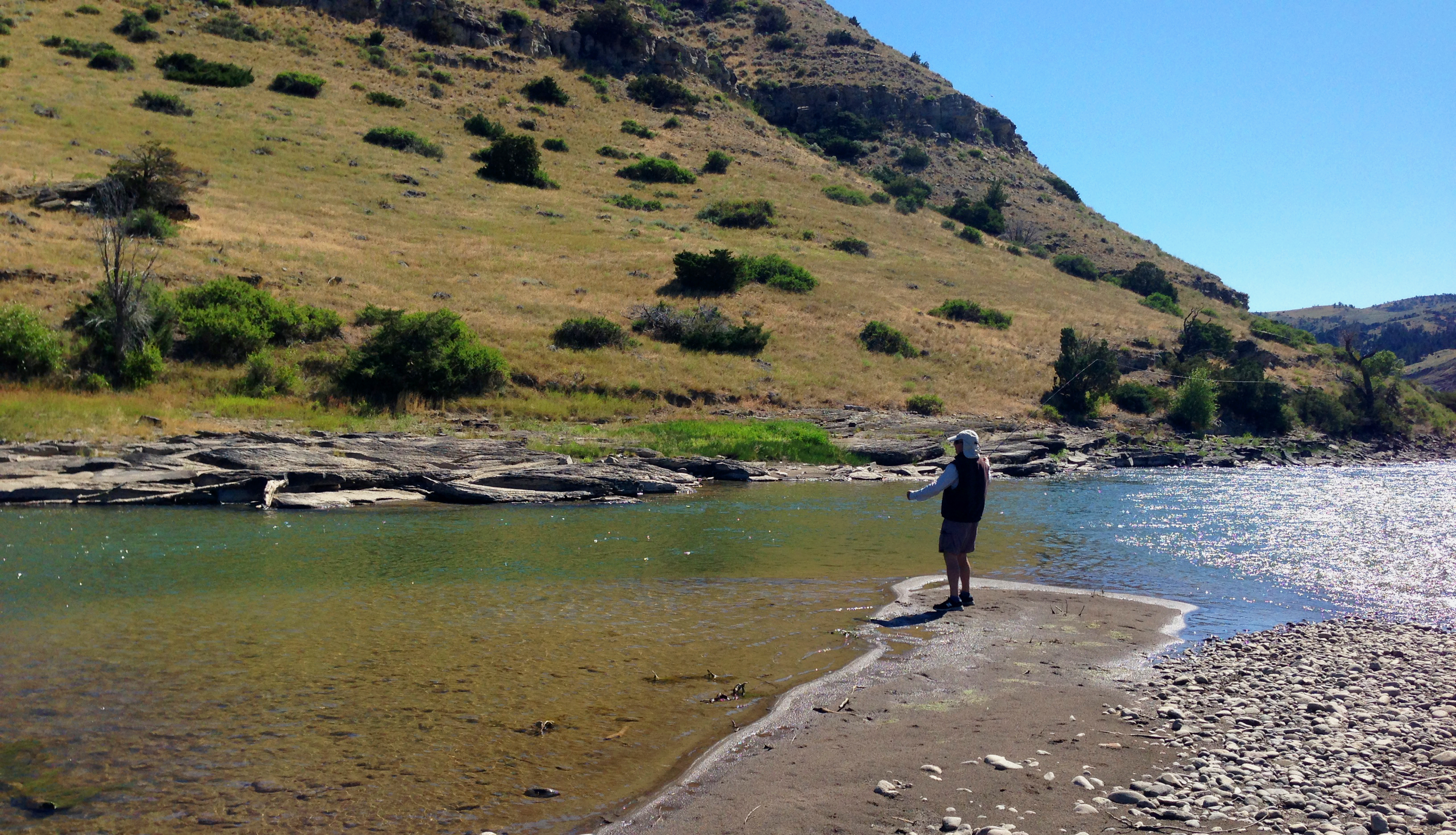
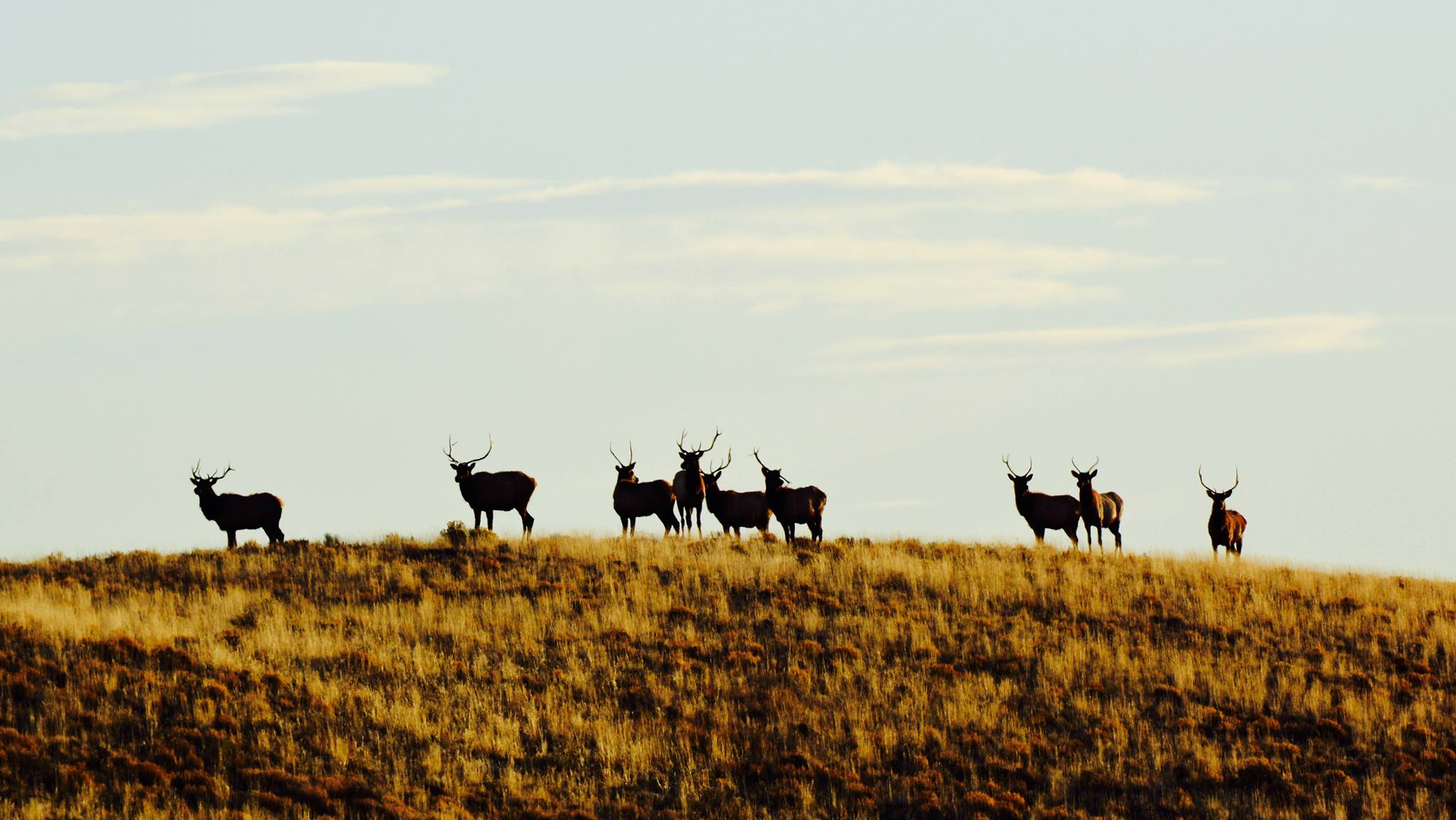
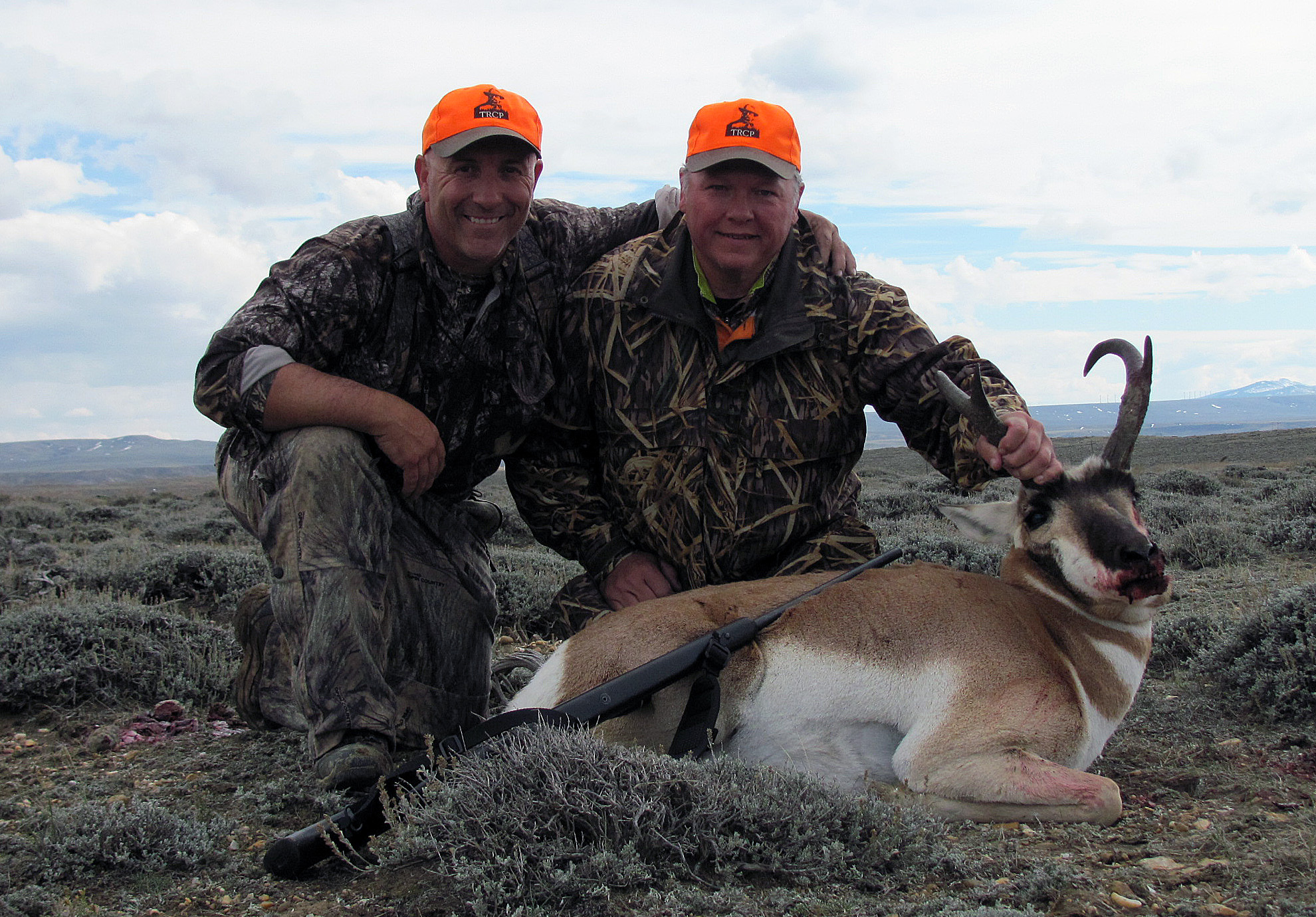
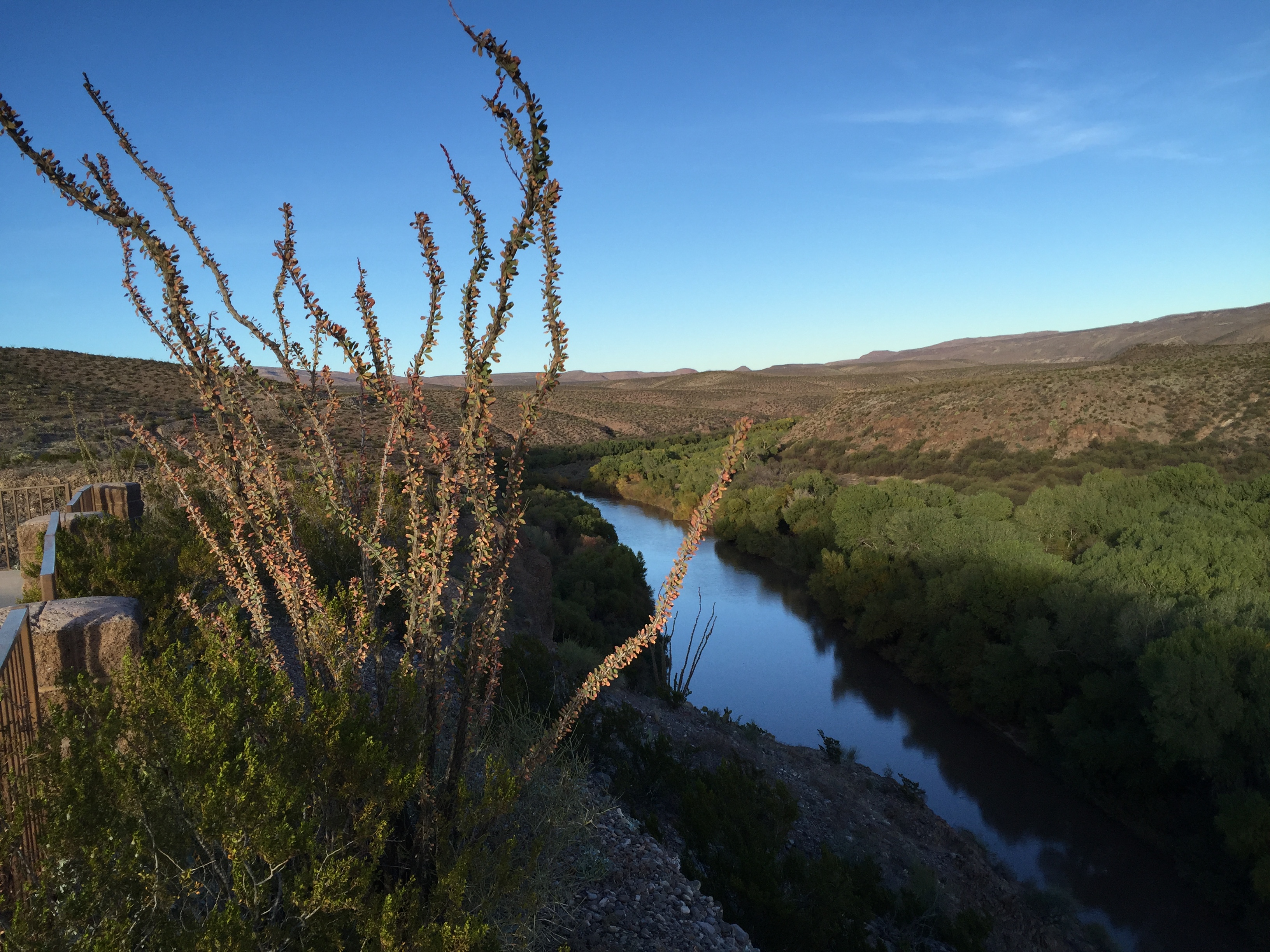
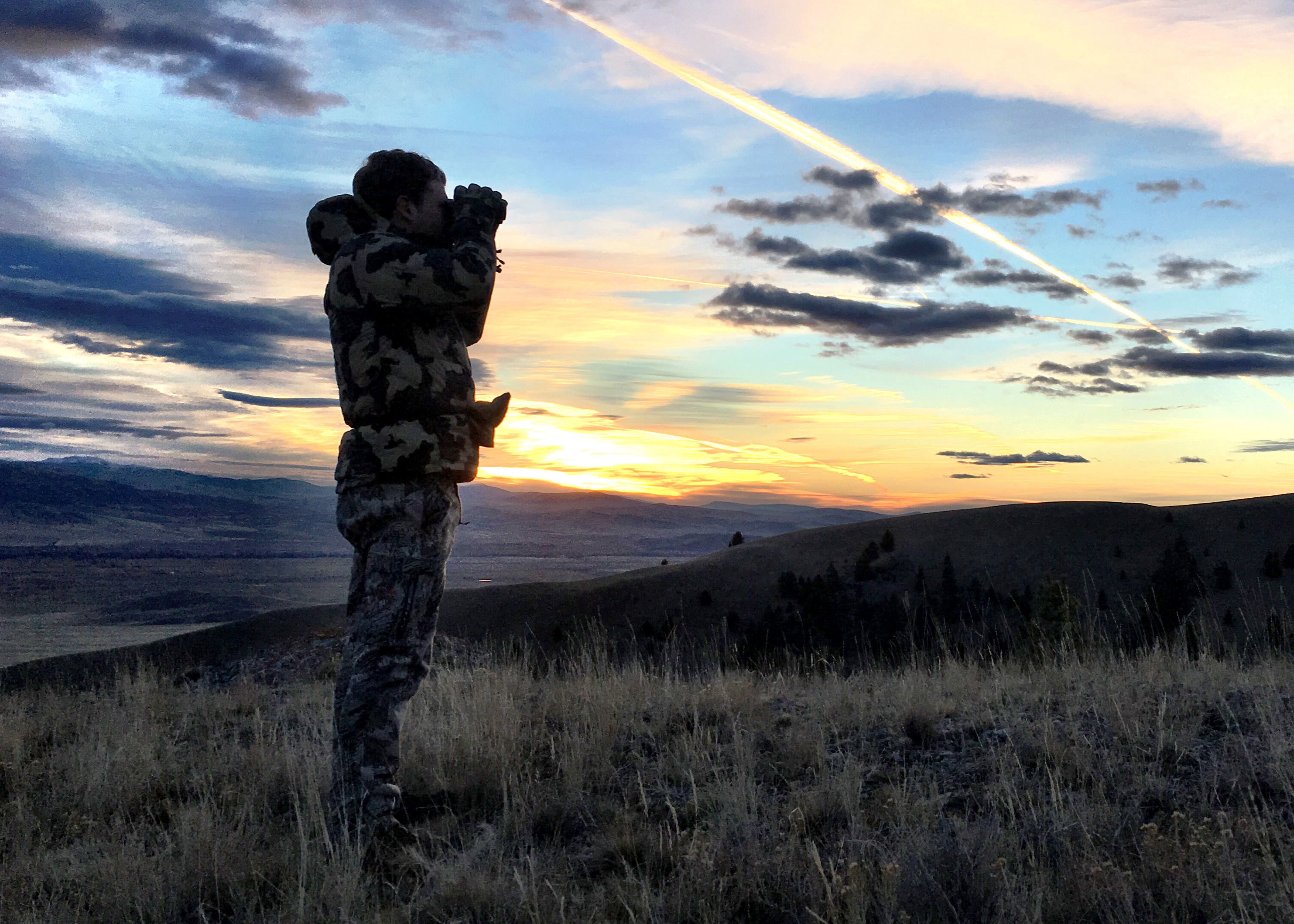
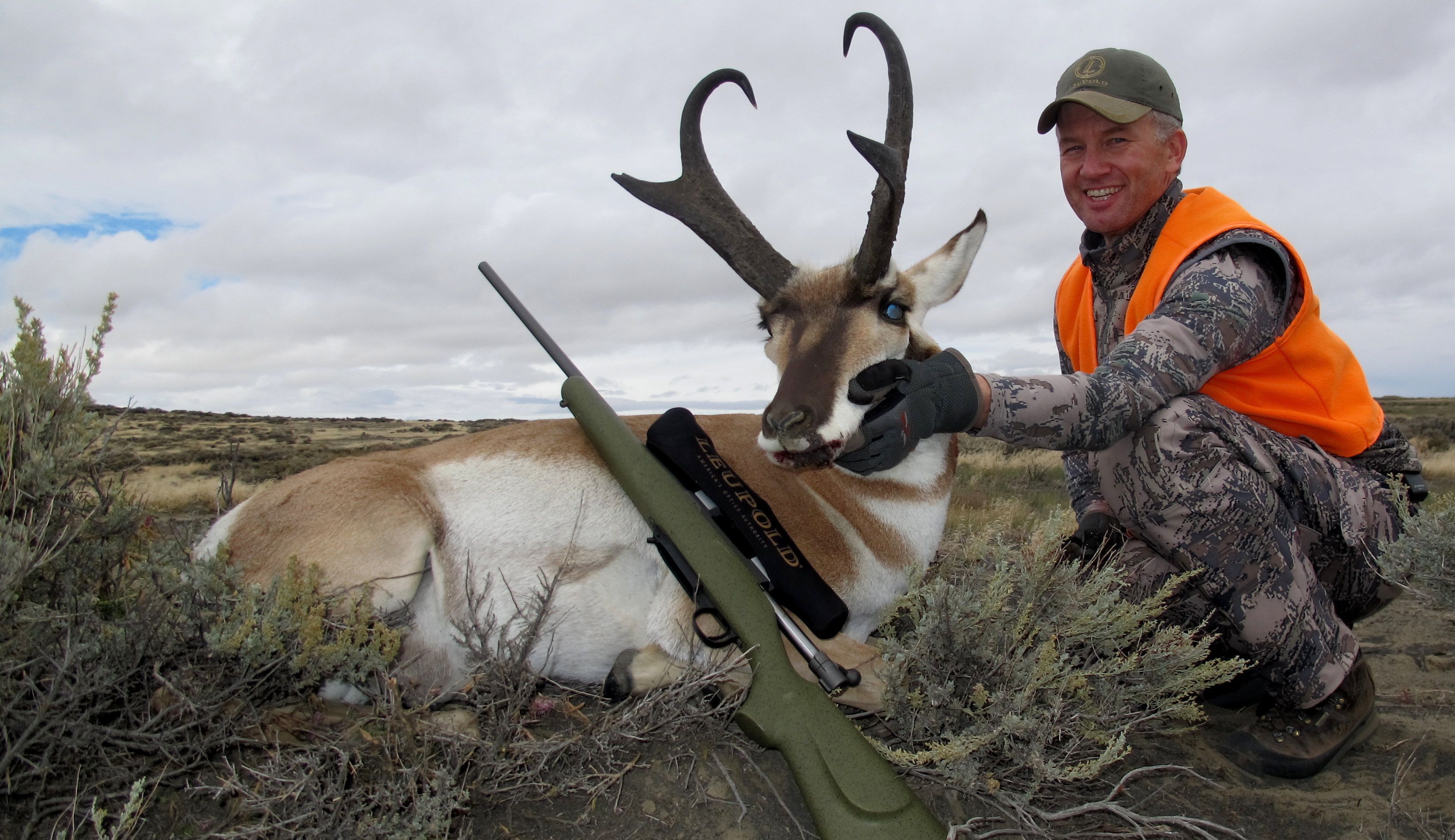
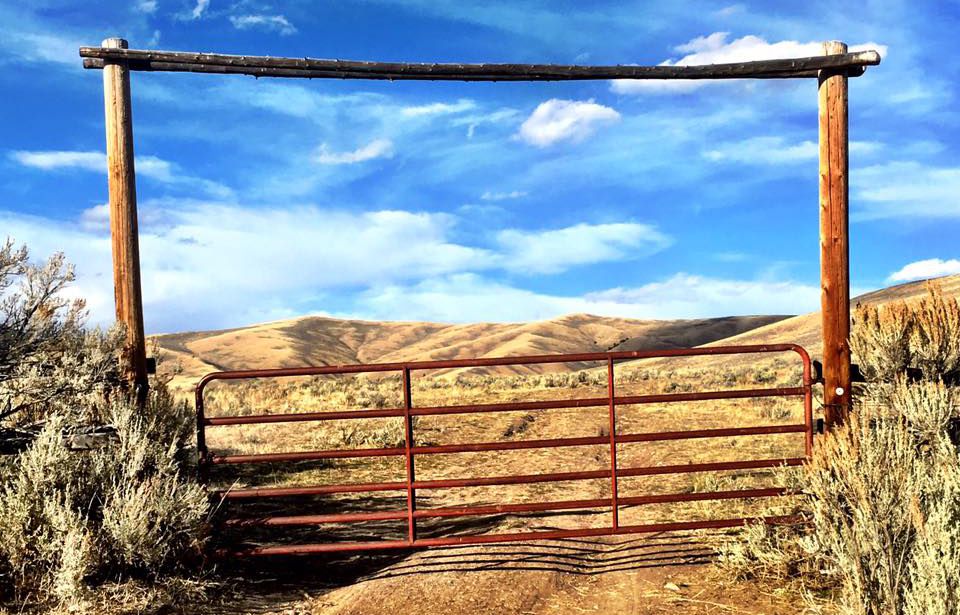
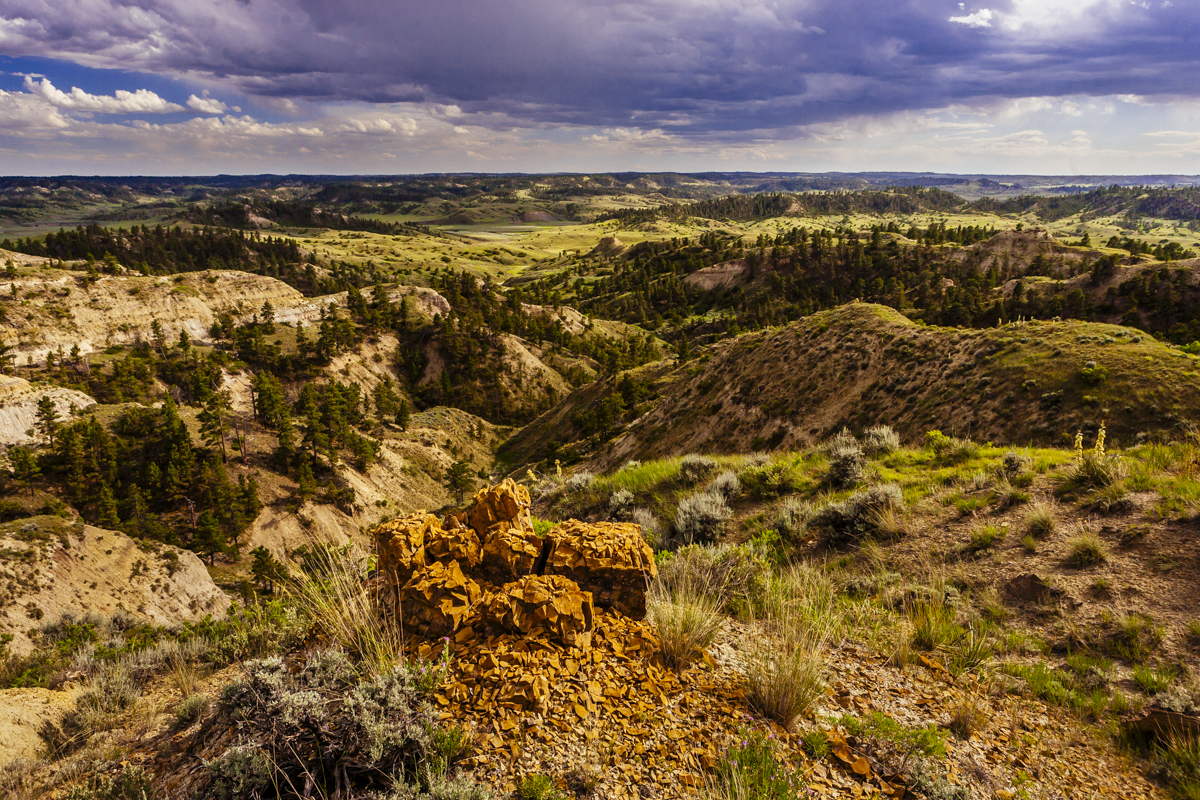
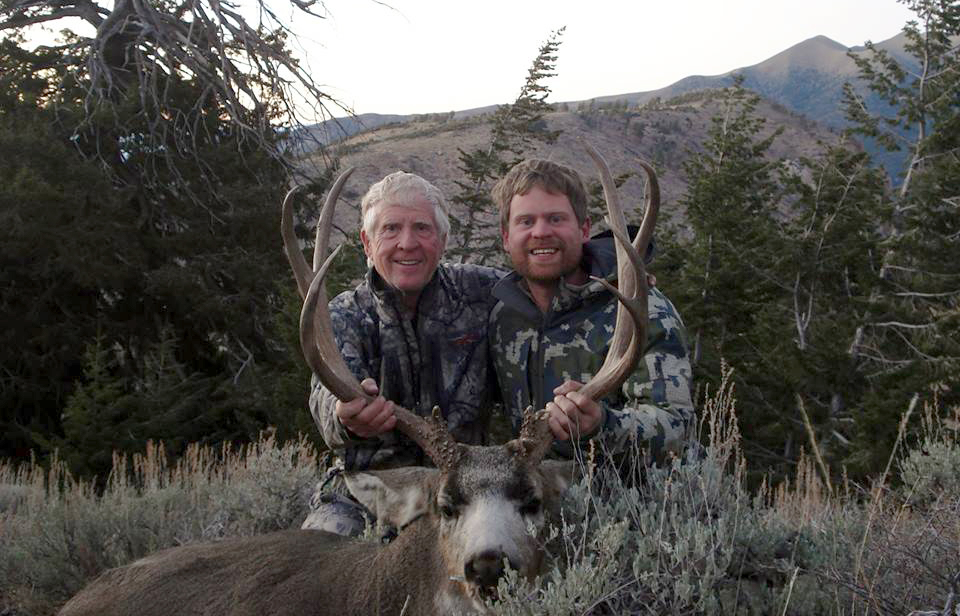
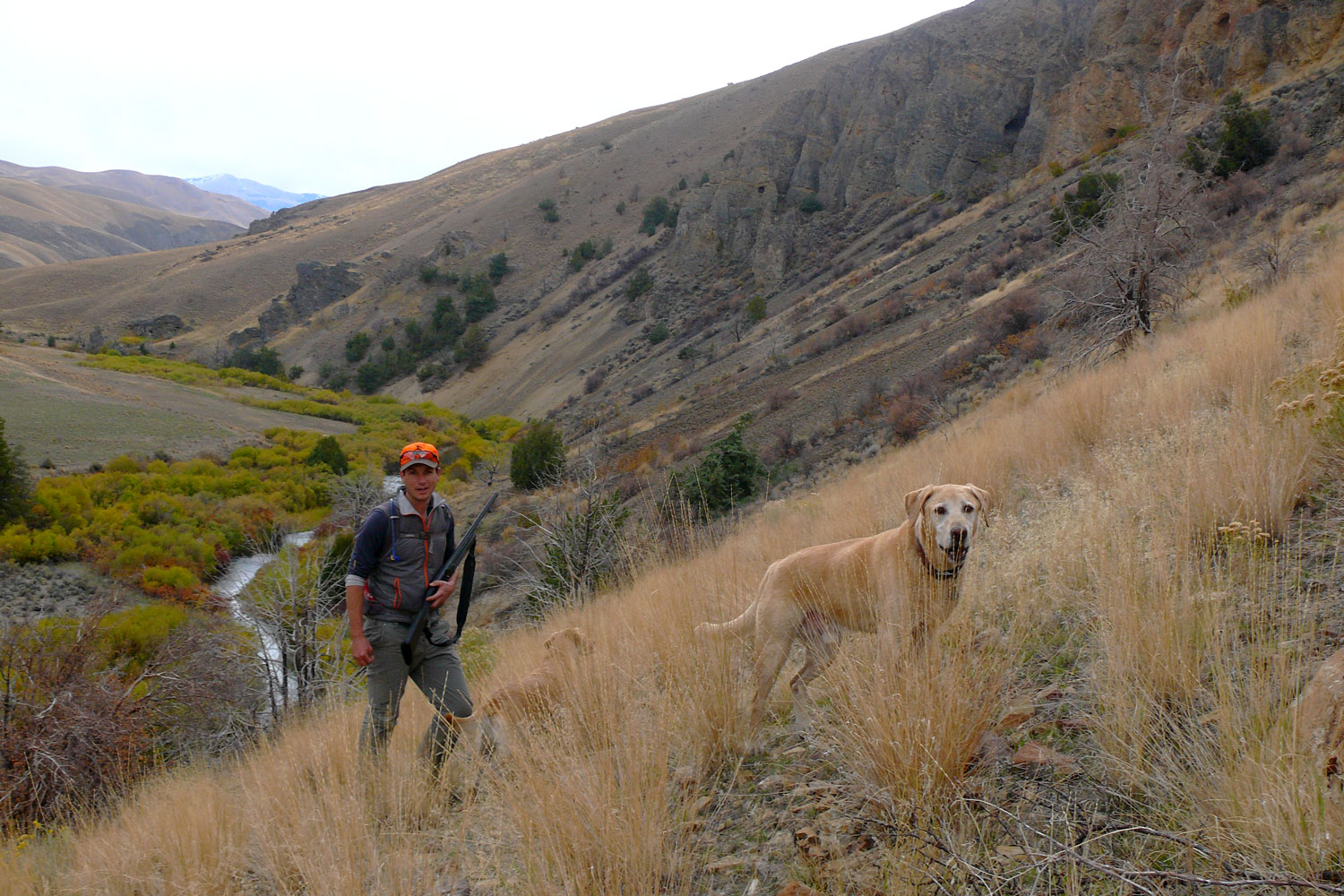




The public needs a voice. Stop the attacks on our lands
Don’t rely on Zinke to do anything for conservation of habitat or wildlife. He’s really a Libertarian and wants no Government controls. He was my Representative for Montana and he didn’t represent me at all. Check his voting record.
We The People in a Democratic society are intitled to have our voices be a part of the decision process involving Our Public Lands.
The public has a right to comment on their federal lands!
Restore public input on public land.
Please stop the attacks on our public lands. The public needs a say – states should not take control of public lands. They are for everyone.
I am totally against the actions Congress is taking to move public lands to state or private control
Public lands must remain in the public control.
I’m impressed by your vote of confidence in the administrative process.
I say skip the 2.0 pleasantries on the front end — quicker to court.
Need to lobby Western congressmen. Get these laws reinstituted or before you know it, there will be no BLM.
President Trump …I voted for you because I thought you said you are listening to the public….I am a Republican Sportsman Hunter and retired Wildlife Professional….this is not how public input to managing public land should be changed. Veto this and as well…Lead shot…bullets…and fishing sinkers are proven to poison wildlife…kill threatened and endangered wildlife as well as common birds and animals. Call me…I’m a common sense person…middle of the road…own a ranch. Phil
I need a place to fish, not another Dunkin’ Donuts.
Why is Congress so reluctant to take public opinion ?
stop the attacks on our lands
As lifelong Oregonians, sportspersons, farmers and lovers/users/stewards of our public lands we are outraged by the continued attacks to wrest control from the American Public our inherent rights to input on the management of our public lands!!! It is obvious the current administration and the majority Republican controlled house and senate care not one wit for the Common Good and the long term integrity of our public lands, earth and the environment! As a former Republican of the Gov. Tom McCall style and philosophy I pray that the American public and their environmental ethos will be awakened by those who have voted to weaken, dismantle and destroy our public lands, national parks, environmental protections, etc. You must be reverse your course or I pray you will suffer a resounding defeat in coming elections and even go down as infamous pillagers and desecrators of all that made America what it was before Donald Trump came to power! If you don’t then you will all be recognized as the Bastards you are making yourselves our to be.
Seriously!,
Preston & Shauna Henry
Hunting and fishing should not be a land use priority. Farming, ranching, mining, should be of priority for the present and future generations.
I think all members of the TRCP disagree with your opinion.
I believe that an agreement between many layers of government to include the public in assisting with decisions regarding use and management of BLM lands !!!
These are public lands and the public deserves to have a voice in the management of these lands.
We are disappointed that Congress chose to shut down BLM 2.0. The excuse that WY Congressmen used is that the states need more say in how Federal lands are managed. We agree with that statement but now with their method and means.
Help keep our conservation,parks rivers lakes wetlands hunting land going strong and for years to come. I love the outdoors let’s take care of it for the future
It is sad to see that by the move of a pen the progress of caring for the land itself is send back to the dark ages. I had hoped that with the public input the dumping in the precious desert could be stopped or at least slowed. the families should enjoy the B.L.M. lands more and not be send away by practice shooters who have taken over the nicest places.
I find it sad that congress cuts the public role in B.L.M. lands
How do I get involved?
We the people have the right to know & have a say in how OUR PUBLIC LANDS, NOT THE STATES LAND, are used and planned use of includes. To all, the POTUS, secretary Zink, and anyone who can reverse this, YOU NEED TO REVERSE THIS AND PASS IT, IT’S THE WILL OF THE PEOPLE, WHO YOU WORK FOR!
Shame on those who’ve blocked a reasoned effort to update the planning process.
We need to keep crp and habitat programs for our children and there children forever
Stop this attack on our land and keep transparency and give the public a say.
The public lands and the fish, birds and wildlife that inhabit them should be respected and protected to previous standards and not be allowed to be abused and disrespected. The public should be allowed to comment as previously.
Not 1 single mention of Executive Order 13132. BLM has mismanaged, committed Actual Fraud, Mail Fraud, and conspiracy to force ranchers off their water and grazining rights. BLM has grossly violated EO 13132. Violated public comments laws in Nevada. Research the Hage case in NV, Hammond case in Oregon.
I hope every commentor here did so only after contacting all of their US congressional reps via email and phone to oppose this rule change and all efforts to convert or sell federal lands. Commenting here may feel good, but it is just preaching to the choir. Contact your congresspersons every week!
I did contact our Senators and was told that the planning was opposed due to the fact the the decision making authority was taken away from local offices and moved to Washington D.C. Therefore the Senator that responded said he could not support this. “…it will make it more difficult for constituents and local elected officials to communicate their concerns related their concerns related to land use policies at the BLM.” That is what I was told, no mention that the process allows for greater and quicker policy decisions generated by a greater number of individuals.
Gregg
Once again our elected officials do not see the merit in conservation, good land planning, and management. Greed will take over and our public lands will be lost to mining, farming, etc.
We must recognize, much of America’s public lands are also America’s share of planet Earth, the very Earth that generates and releases all life lines mankind requires for life itself. Our living, life-flowing planet Earth is her first, natural and wild surfaces only, created, supported, sustained and maintained only by all wild, native species, scientifically, biological diversity and bio means life.
Why have we not learned Congress can not rule for the people sake! Public Lands will help our Nation verses foreign countries where only a few have rights to use the land. As in most items where “SOME & I repeat Some” professional vote for themselves & their futures.
Congressmen be aware…conservationists, sportsmen, and outdoor enthusiasts are paying attention to how you vote on these matters…and it will directly affect how we vote in the next elections. Represent ALL of your constituants.
Surely there is a better solution than the one provided here. We must pursue one heart, one voice.
Why does Government feel they have the right to steal the peoples’ land? Do they plan to cut down all of the trees like they did in Arkansas or build pipelines crisscrossing every state? Do they care if they pollute every lake, river & stream in the county? Do they feel we must have a Trump hotel & casino in every park? Do they even care about what the voters think? The Republicans & Trump seem to want to plunder & pillage the United States in every way they can now that they have been given the opportunity.
If the current state of the forests, waterways and other federal lands are the result of (mis)management since 1983, then, YES !! Rollback all of the onerous regulations that have brought about this current state of neglect. So many times needless and frivolous lawsuits have hamstrung federal agencies from executing the missions of their respective agencies. Treehugging bunnyhuggers have only themselves to blame . Unnecessary delays will no longer be tolerated. Didn’t anyone else hear President Trump say that ? Well, he did. No more excluding anyone from America’s public lands. Bird watchers, river rafters, outfitters, loggers, drillers, miners and of course, the American public are all entitled to utilize public lands. Everyone. Obstructionism, OUT. Cooperation, IN.
Sorry sportsman, this is what we voted for! While many of us thought we were saving our rights to own a gun, we are loosing a place to hunt with it. The BLM lands are just the beginning of a long road of destruction for fish and wildlife. More mining, fracking, less water protection, etc…will not only destroy our fish and game but also our health and enjoyment of life. As it happens remind yourself this is what we voted for, and think about that the next time you are at the ballot box.
Well said.
They claim these lands are being damaged by current management practices, but they just gave great power to extractors.
These are the people’s public lands of the USA and should always stay that way not sold or barttered or leased for any reason we the people must keep it that way or loose our traditions!
As a proud ex. Army Infantryman, and BLM smokejumper, I can say that working for the federal govt. has been a high point and privilege. Flying over our wild lands, public, state and private, all too often showed the contrast between the different entities. BLM and USFS lands that bordered private lands was light night and day, green, v. brown, lush v. overgrazed, pristine v. ORV tracks. This was in Alaska, Idaho, Oregon, Ca. during my years as a smokejumper. Sadly state lands looked like private lands. These lands that are currently managed by the BLM and USFS deserve to remain that way, which is not the agenda of the legislators of most in my state of Idaho. I’m worried, and hope that our message can and will be heard.
Gregg
OUR lands oUR voices OUR decisions. This vote was straight down party lines with ALL republicans voting to strip our voices . This present administration needs a very strong wake up call from all who love and use our public lands: vote them out.
Both Republicans and Democrats, hunt and fish, in about equal percentages. Thank you for schooling this new crop of “soft city boys” in WDC. They don’t appear to have have any “outdoor skills”?
Don’t count on Zinke to be any help. We in Montana know that he is not supportive of keeping public lands public.
Somebody needs to explain how this will “Make America Great Again”…….
Yeh, he said he was going to drain the swamp. When he’s done, we’ll have to drain the “cesspool “!
The role of Sportsmen, on wildlife management is vital to maintain. Sportsmen are up close and personal with nature, spending collectively millions more hours than federal agents and policymakers do. To disinclude them from the management loop smacks of an attempt at concealing willful mismanagement attempts, cover-up of exploitation by non-sports minded individuals and industries, and purposefully excluding users from the data collection and observation of conditions encountered data loop, and perhaps management supervision and policing of those resources.
Do not exclude or minimize the importance or reach of the most important part of the natural resource and public knowledge loop surrounding The People’s land management! BLM’s lands are Our properties, Not for Industry or Private Interests to assume control of. Do Not Alter It! Giving away or selling these lands to private interests is an obvious usurpation of control of the People by private interests and will certainly result in a massive shift in favorable opinion of the existing congress to one of doubt in the ability of lawmakers to keep their “fingers out of the pie!” That shift in opinion will result no doubt in loss of seats, dis-election, and legal action being taken!